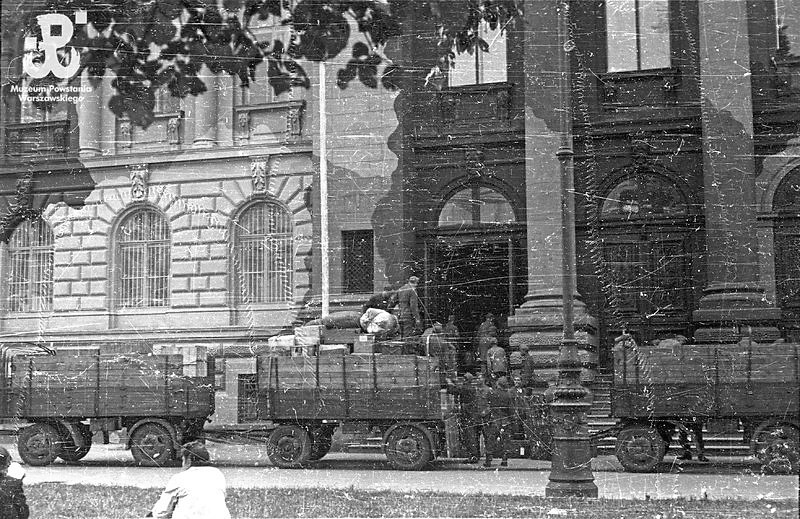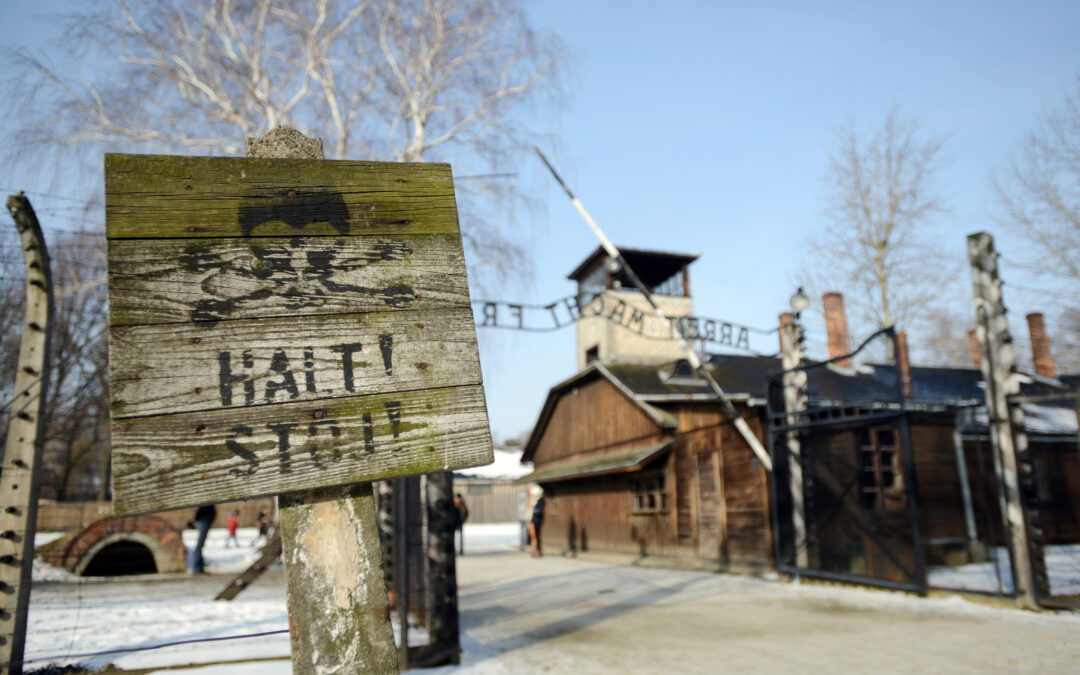Poland has appealed to UNESCO – the UN agency devoted to education, arts, sciences and culture – for help in securing the return of cultural items that remain missing after being looted during the Nazi German occupation of World War Two.
Deputy foreign minister Arkadiusz Mularczyk – who is overseeing the Polish government’s efforts to obtain up to $1.3 trillion in war reparations from Germany – announced this week that he had written to the director general of UNESCO “with a request to establish cooperation in the return of cultural goods taken from Poland”.
“Germany has not yet been held accountable for the actions of its legal predecessor,” said Mularczyk, quoted by the state Polish Press Agency (PAP). “We do not see the desire or the will to repair all this damage, to return plundered cultural goods and works of art.”
Today I signed a letter addressed to the Director-General of @UNESCO requesting to establish cooperation over the return of cultural goods exported from 🇵🇱. We demand 🇩🇪 to come to terms with their past and return the cultural goods they stole as war trophies. pic.twitter.com/vihyL0vyvW
— Arkadiusz Mularczyk (@arekmularczyk) December 14, 2022
“The extremely extensive and heavy losses caused by the German invasion and occupation in the years 1939-1945 greatly affected the entire country, but in particular also the sphere of culture, art, science and education,” he continued, speaking at a press conference alongside culture minister Piotr Gliński.
“Polish cultural and intellectual heritage was destroyed by the aggressor with particular ferocity and with the intention of its complete annihilation – the achievements and work of generations of Poles, historical architecture, art collections, libraries, archives were systematically destroyed and robbed,” added Mularczyk.
During the brutal occupation of 1939 to 1945, some six million Polish citizens – half of them Jews – were killed. That represented around 17% of the prewar population, meaning Poland suffered greater proportionate human losses than any other country during the war.
In addition, the country saw entire cities razed to the ground – including the capital, Warsaw, and its historic centre – as well as artworks, books and other cultural heritage destroyed. Poland estimates that hundreds of thousands of such items remain unaccounted for.
“Today these things are in German homes, mansions, museums,” said Mularczyk. He called on UNESCO to “facilitate bilateral negotiations” and “help in the process of recovering cultural goods looted from Poland by Germany”.
In September, the Polish culture ministry launched a renewed campaign to seek the return of stolen artworks, in particular from Russia. The Soviet Union occupied Poland alongside Nazi Germany in 1939.
At the start of September, the government also announced that it would be seeking reparations from Germany to compensate for the damage caused by its occupation during the war. A parliamentary committee headed by Mularczyk calculated the losses at $1.3 trillion in today’s terms.
In October, Poland sent a diplomatic note to Berlin outlining its position, but it has still not received a formal response, says Mularczyk. The German government has long argued that there is no legal basis for Poland to claim war reparations.
Last month, the Polish government sent diplomatic notes to all EU, NATO and Council of Europe member states regarding its claim against Germany, as it seeks to build international awareness of and support for its efforts.
Main image credit: Stefan Bałuk/Wikimedia Commons (under public domain)

Daniel Tilles is editor-in-chief of Notes from Poland. He has written on Polish affairs for a wide range of publications, including Foreign Policy, POLITICO Europe, EUobserver and Dziennik Gazeta Prawna.




















